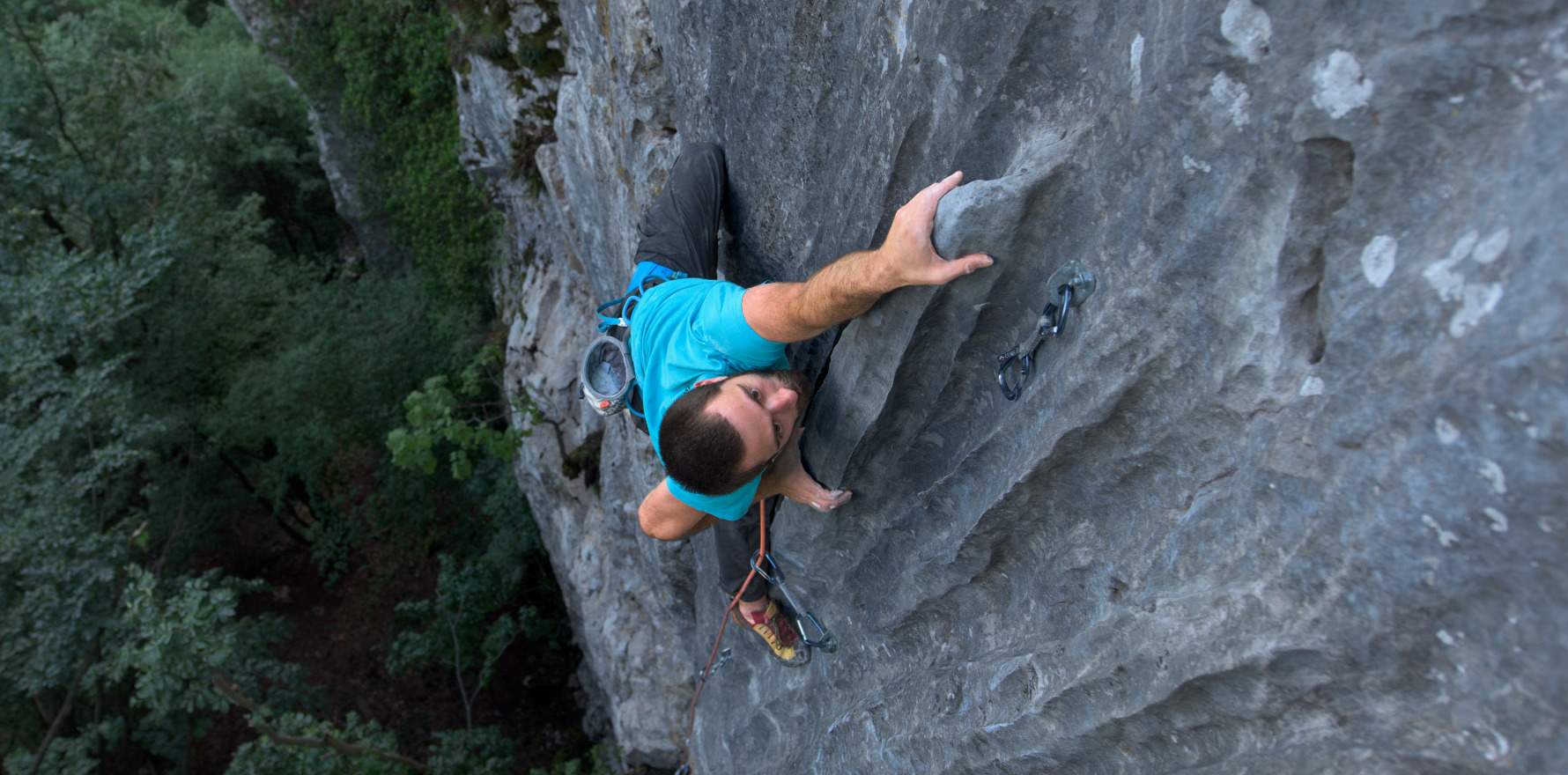With covid funding about to end, one of our most respected rural GPs is contemplating the end of his practice.
Last Sunday Dr Ewen McPhee AM took a day off. It was his first in three weeks.
On Monday, for the first time in his 34 years of general practice in Emerald, central Queensland, Dr McPhee was the only GP in the building. He worked a 12-hour day, complicated mid-afternoon when he had to cancel his appointments to assist in an emergency caesarean at the local hospital. He dealt with pushback from both patients and the hospital for closing his clinic on Sunday.
Dr McPhee, a former president of both ACRRM and the Rural Doctors Association of Australia who was made a Member of the Order of Australia last year, tweeted his exhaustion and distress:
The next day was a bit better. There was also an intern, under supervision, seeing GP patients.
In Blackwater, a town of 6000 people 76km east of Emerald, the GP clinic recently closed because it couldn’t attract a doctor, and the local hospital was on bypass all last week, according to Dr McPhee, because there were no doctors available.
“The tragedy of this is that we have so many people that need care,” Dr McPhee tells TMR. “Where do these people go? These people need long-term care, and they’re not being seen at all.”
There is a very real danger Dr McPhee will have to close the clinic he and his wife started in 1989.
“I bulk bill about half the patients I see,” he says. “Clearly, the practice can’t expect me to continue to welcome everybody and keep the doors open.
“Will we have to close? Yeah, it’s a risk. And that’s something – I’ve never thought we’d come to that. That is on the cards.”
Is he tempted to walk away?
“Not at the moment, but I think you do have to watch out for your mental health,” he says. “It does play on your mind.
“It’s not just me. I know my colleagues at the hospital are in the same boat. And they’re saying, ‘how much further can we push ourselves?’
“We’re here saying, ‘we’ve got issues, we’ve got problems’. And those higher up the food chain say, well just do the best you can.”
Last Friday’s release of the Strengthening Medicare Taskforce report didn’t do much to make Dr McPhee feel any better about the future.
“The reason we’re talking about [Medicare reform] now is because [the problems have] hit the cities,” he told TMR.
“The bush has been the canary in the coal mine for the last 10 years. It’s not new. We’ve been crying out for reform now for a very long time.
“I’ve been on reform committees since 2014. A committee I was on at the highest levels, made recommendations. And you could pretty well copy those recommendations into the Strengthening Medicare report, and you will find very little difference with the primary health care advisory group recommendations.
“There’s been no measurable action, just more recommendations, and we can recommend things until we’re blue in the face, what matters is what we’re going to do about it.
“I don’t envy the current government because they have got to deal with it. And at the end of the day, it doesn’t matter whether I come or go. What really matters is what happens to the people who are left behind in these communities.”
There is no easy fix, Dr McPhee says, but it begins with acknowledging that rural practice is different from metropolitan and needs a different approach.
“Rural communities need a fundamental base level of funding to fund their primary care, so that if there’s only one doctor working in the practice, the cost of the practice is still covered.
“Bump up the Workforce Incentive Program. I’ve got seven registered nurses that work for us – they’re awesome, but they could be doing more. Increase the WIP, recognise the nurses, the nurse practitioners and the physician’s assistants – remunerate them appropriately. Let us get on and start employing other people so that at least we’re getting people seen and their chronic disease management stuff sorted out, and letting the GPs that are still here manage those teams, but also do the stuff we’re good at.”
“Instead of paying doctors 80% of Medicare rebates if they want to go rural, give them 150% of the Medicare rebate.”
Crucially, even though demand is high, the lack of population density means business is harder to sustain and one doctor can be spread very thin.
“Rural is different. We do not have volume [of patients]. We can’t just churn like doctors in metropolitan areas. We need to acknowledge that the doctors who come out here are seeing fewer patients – they have to work longer hours, work after hours.”
That difference is something metropolitan doctors and non-GP specialists don’t, and probably won’t ever, understand, he says.
“We’re not just sitting here in our four walls, seeing coughs and colds. We have to be available at a moment’s notice to get in an operating theatre and muck in.
“That’s so far beyond the understanding of specialists, and certainly beyond the understanding of our metropolitan colleagues – that a doctor could be sitting here writing scripts one minute and be up to their knees in blood the next minute.”
Covid has been a double-edged sword for rural doctors like Dr McPhee. On the one hand “covid really broke our back”, he says. On the other hand, it provided a source of income that has kept the practice functioning.
“We’ve run a respiratory clinic ever since [covid began],” he says. “We built it. We ran it. And we’ve been running the only respiratory clinic in central Queensland now for many, many months.
“Interestingly enough, the investment the Commonwealth made in that respiratory clinic has substantially supported us to survive. When that respiratory clinic closes at the end of February, that funding support disappears.
“We still have covid – we’ve still got people walking through our door with covid every day – the crisis has not stopped.
“That funding mechanism that existed for those clinics could be extended in areas of workforce shortage, until such time as practices can stand on their own two feet again.
“This is not about doctors’ pay. It’s about sustainability of primary care.”
Rural is different. Perhaps now is the time to start treating it that way.





